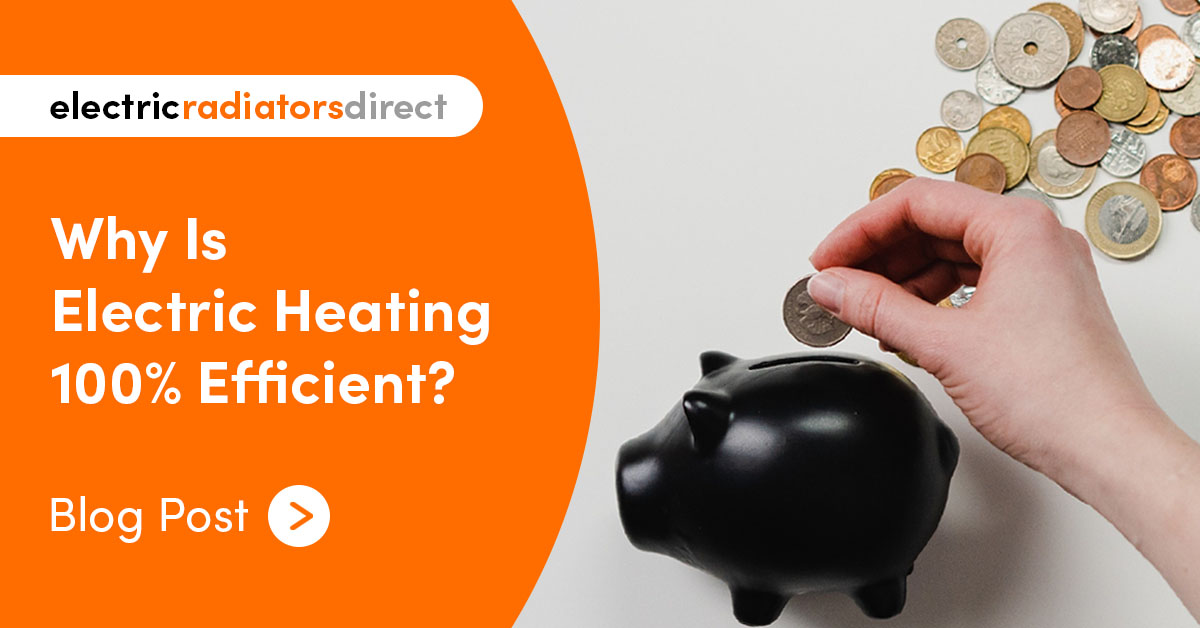

Last updated: February 2023
Electric heating is growing in popularity and for good reason too. It’s sophisticated, intuitive and above all else, 100% efficient. It may sound like a bold claim but it’s absolutely true. In comparison to other alternatives electric is one of the most effective heating systems on the market which is why it makes the perfect choice for heating your home. But what exactly makes it so efficient? It’s time to find out…
How can electric heaters be 100% efficient?
At point of use electric heaters are 100% efficient and there’s one big reason for that – every watt of power they draw from the wall is turned into usable heat, which means nothing is wasted. This is in stark contrast to gas central heating which is famously inefficient for a number of reasons.
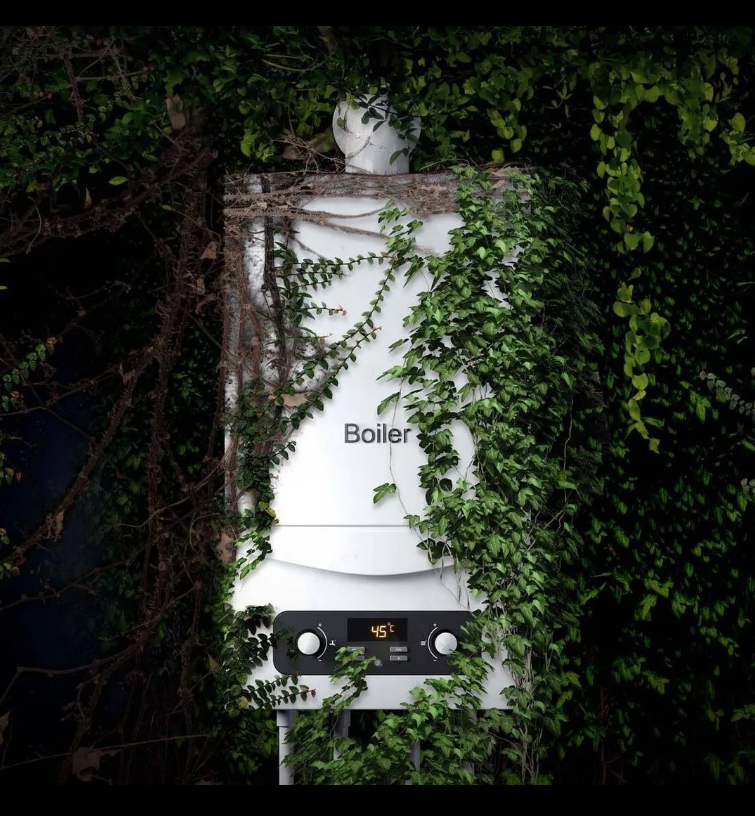

What are the issues with central heating?
Firstly, gas sees too many system losses through the process of combustion. Two of the by-products of this process are carbon dioxide (CO2) and water vapour (H2O), which means only a percentage of energy is actually being turned into heat while the rest goes to waste. Plus, there are further losses throughout the rest of the system as well. Gas central heating uses a network of copper pipes to transfer heat, providing a steady flow of hot water, and typically these pipes aren’t insulated. It’s easy for them to lose heat to the surrounding air and because they are often fitted beneath the floor, you don’t get to feel the benefit of this heat transfer.
What makes electric heating so efficient?
An electric system doesn’t have these problems. For one thing, it doesn’t combust any fuel in order to generate warmth. The conversion of electricity into heat is a much cleaner process so you’re not just getting a percentage of what you were expecting. Electric also doesn’t need pipework as these appliances can be plugged straight into the wall or connected to the mains. This means there’s no heat loss along the line as the warmth is simply delivered straight from the heater and into the room, benefitting you directly.
Problems with how electricity is made
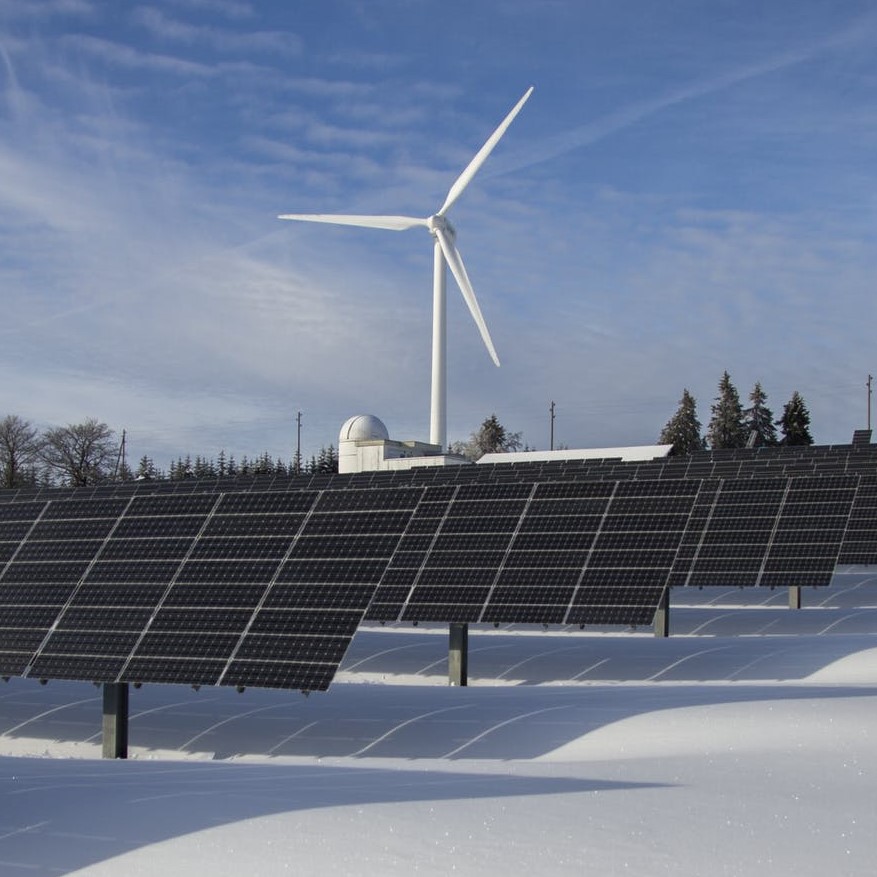

The problem with talking about a heater’s efficiency is that you can start measuring it at any stage of the process and not just at the point where you plug it in at the wall. Some argue that electric heating is actually inefficient because power stations have to burn fuel to provide energy, creating the same issues as gas. So, what’s the solution? Well, when paired with renewable energy such as solar or wind power, electric provides one of the greenest solutions to heating your home, making it efficient from start to finish. This has already been achieved to some extent, with reports stating that renewable energy is now generating as much as 36.3% of Britain’s electricity as of the end of 2022 and this is only set to increase. The cost of renewable energy is also said to be falling, making it more affordable for the average consumer. So, although electricity as a power source does have some way to go, it will only get more efficient and more cost-effective which is why electric heating will always come out on top. But this isn’t the only way you can measure efficiency…
Do all electric heaters have the same efficiency?
Yes and no. It’s true that all electric heaters are 100% efficient at point of use but there’s more to consider. The way your electric heating supplies warmth can also have an overall impact on efficiency as it largely depends on which form of heat they provide: radiation or convection.
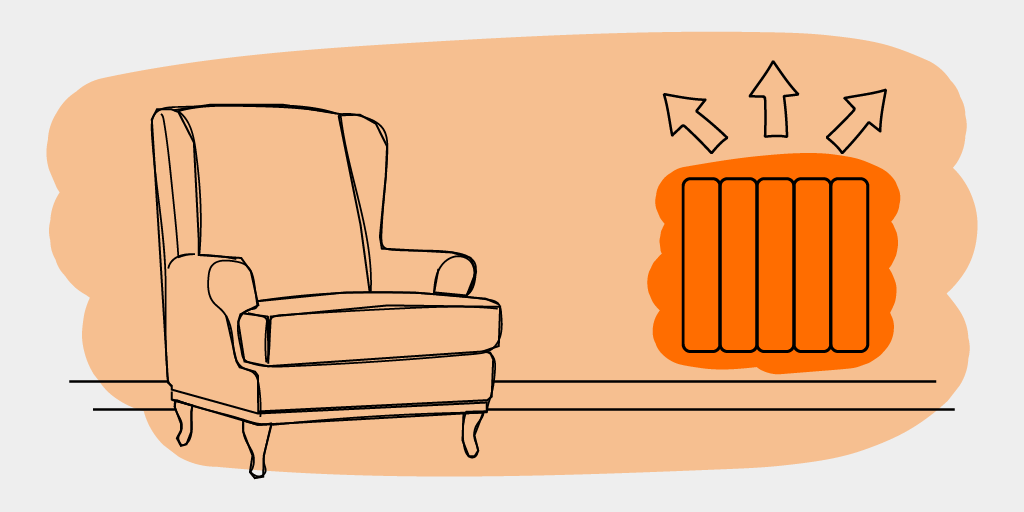

Convection heats the surrounding air
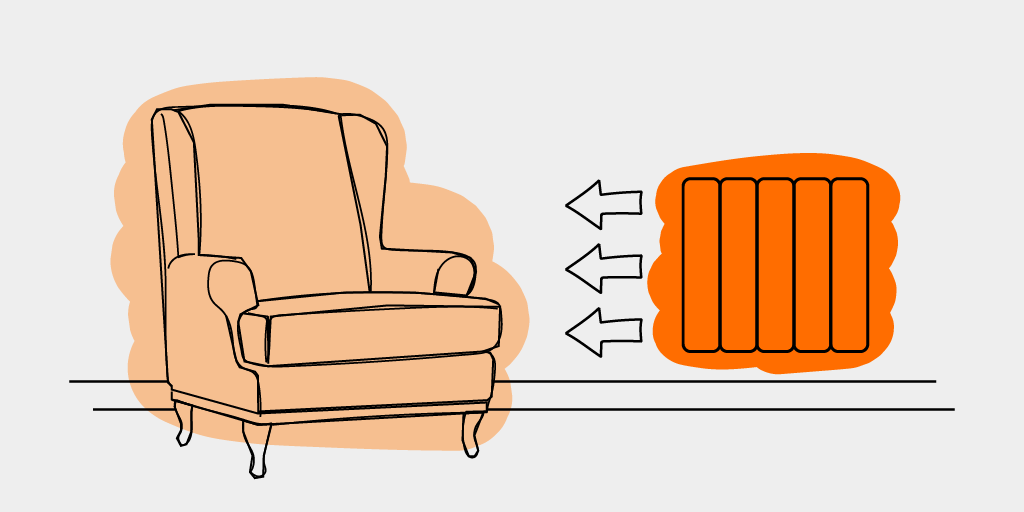

Radiation heats surfaces directly
How efficient are convection heaters?
These heaters work by warming the air as it passes through the appliance and then pushing the heated air back out into the room. The main problem here is that the warm air is lost easily to open windows and doors, meaning the heater has to continuously top up the warmth in the room for you to feel the benefit, reducing their efficiency in the process. To try to offset this heat loss, convection heaters tend to come with higher wattages, so if you plan to use them often, the costs can add up. This is why they are considered best for temporary use in spaces like the spare bedroom, your garage or other rooms you may use infrequently, but less efficient for primary use throughout your home.
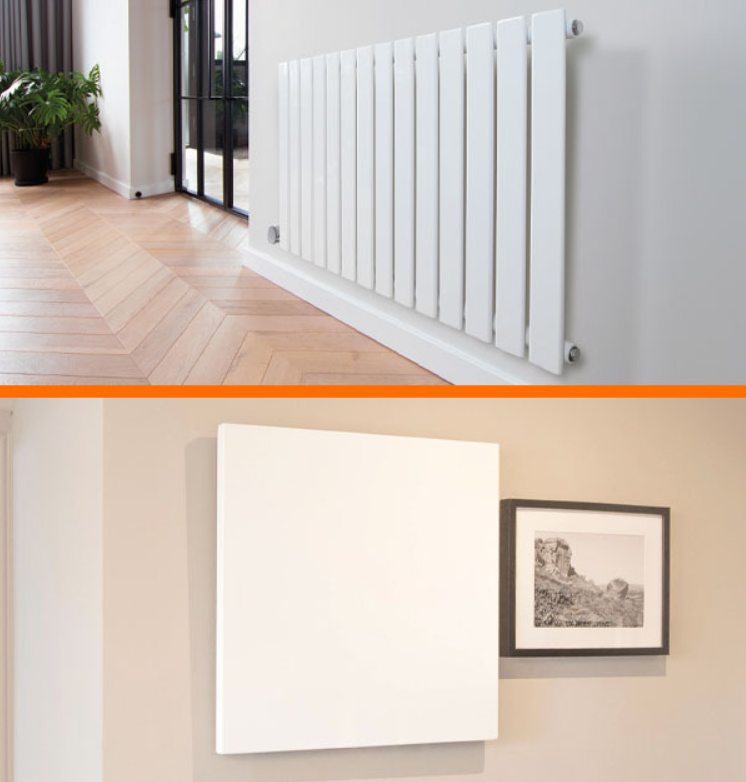

Why does radiant heat make a better choice?
Your best bet for comfortable warmth that lasts is to go for an electric heater that uses radiation to warm a space. Instead of heating the air, it warms objects and people directly without getting lost to draughts. All the heat generated gets absorbed by the fabric of your home for a deeper warmth that can be re-radiated back into the room, so the heater doesn’t have to work as hard and there’s no wasted warmth. Heaters that use radiant warmth, such as electric radiators and infrared panels, often have lower wattages which means less power usage, making them perfect for permanent use in more frequented spaces like your living room, kitchen and bedroom. Combined with advanced controls, precision thermostats and their lasting radiant heat, they are easily the most efficient heaters you can invest in.
Check out this video all about electric heating efficiency.
Finding the best heating solution for your property
If you’re looking for the very best heating system for your home, Electric Radiators Direct is here to help you find just that. All of our electric heaters are 100% efficient at point of use and come with in-depth programming and energy-saving features to keep running costs low, so you can buy with total confidence. We even have a handy guide outlining everything you need to know when it comes to making the switch from gas to electric heating here. Browse our range of panel heaters, electric radiators and infrared panels today or call our Sales team on 0330 300 4444 to get their expert advice on the perfect heater for your home.
Key learnings
- Electric heaters are 100% efficient because every watt of power drawn from the wall is turned into usable heat, which means nothing is wasted.
- This is due to a number of factors: they don't combust any fuel in order to generate warmth, the conversion of electricity into heat is a much cleaner process and electric doesn’t lose heat to pipework.
- Some argue that electric heating is actually inefficient because power stations have to burn fuel to provide energy. However, when paired with renewable energy such as solar or wind power, electric provides one of the greenest solutions to heating your home, making it efficient from start to finish.
- The way your electric heating supplies warmth can also have an overall impact on efficiency. Electric radiators and infrared panels are the most efficient due to their use of radiant heat. They often have lower wattages which means less power usage, saving you money in the process.





